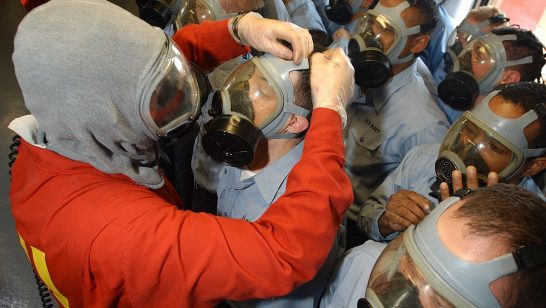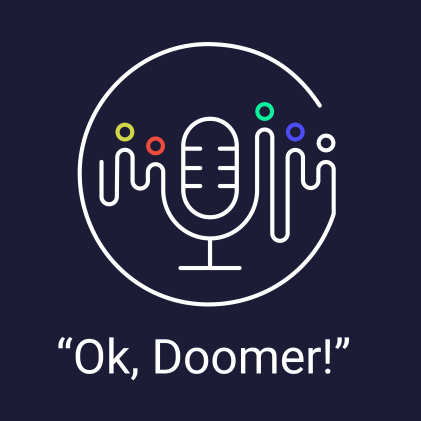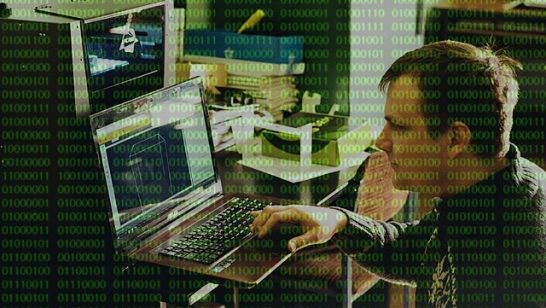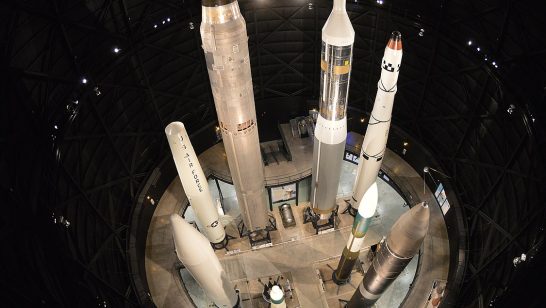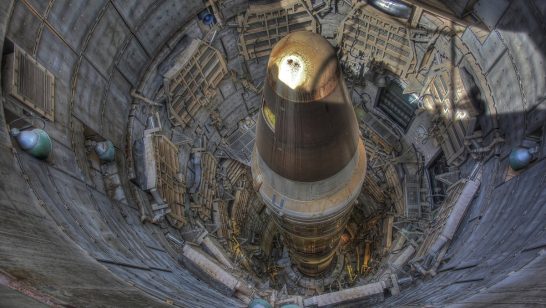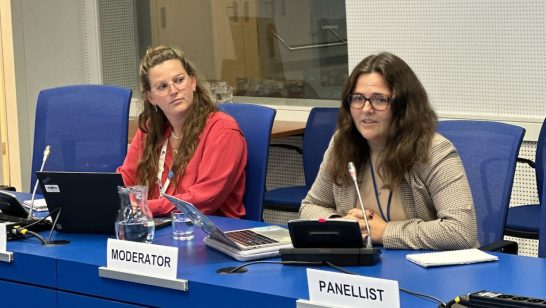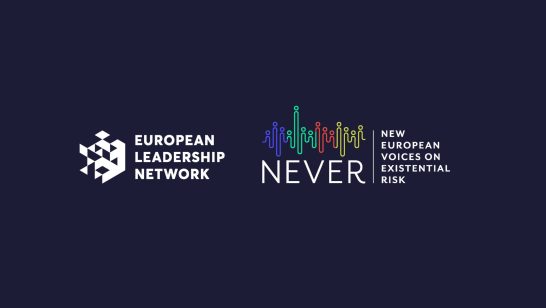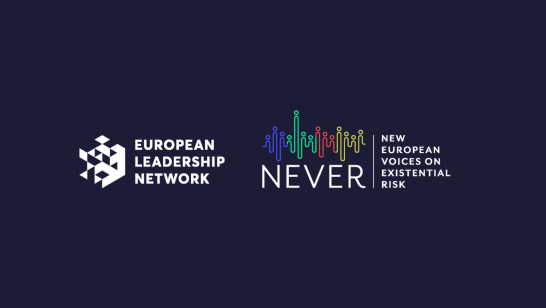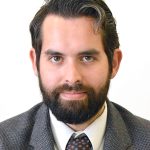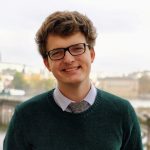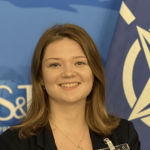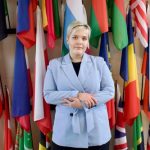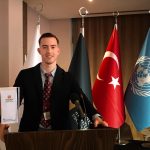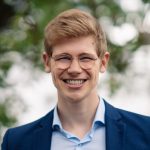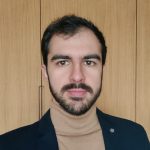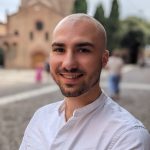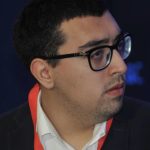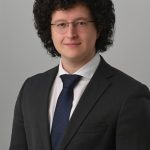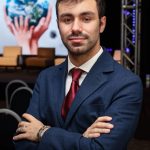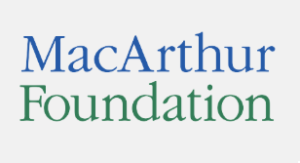What will the project do?
Attract new talent to work on nuclear issues as part of a broader approach to existential risk, i.e. threats that could lead to human or planetary extinction.
Nurture this talent by convening a network dedicated to existential risk, integrating it with other ELN networks and providing connections to policymakers, developing skills through seminars and mentoring.
Sustain interest and ideas on nuclear topics, by building lasting links with expert and policy ecosystems, drawing on mid-career and late-career role-models and mentors to help identify career paths, and integrating nuclear work with other relevant fields.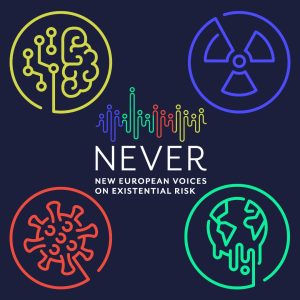
How will we carry out the project?
- We have recruited a network of 39 diverse new European voices on existential risk. Our members come from all over Europe and beyond, with a geographic range spanning from Brazil to China.
- We will convene roundtables and seminars with a broader ecosystem of partners.
- Co-create recommendations for decision-makers to translate long-term risk into steps that can be taken now.
- Publish commentaries from new and emerging voices.
- Share resources with accessible language and creative multimedia formats.
Why is this important?
Nuclear war has the potential to end human life as we know it – through mass casualties and through cascading effects on the world’s economies and societies. Yet the nuclear policy field has been shrinking in recent years and much of the thinking is stuck in 20th century paradigms.
We believe that more talent and fresh thinking from the field of existential risk needs to be applied to the problems of nuclear policy to prevent possible catastrophe.
Nuclear policy could benefit from new and more diverse talent, and from linkages with thinkers, doers, scholars, activists and entrepreneurs who are seeking to address other existential risks to humanity, such as those from climate change, biological threats, or AI.
It is not only about developing the nuclear field specifically, but developing expertise on nuclear issues among a wider set of people working for a safer future – so that this expertise is not siloed and is integrated with wider thinking about protecting our shared future.
How are we measuring progress?
- Feedback from participants and other stakeholders.
- Measuring the reach of the project to university students.
- Number of recommendations produced and feedback from decision makers.
